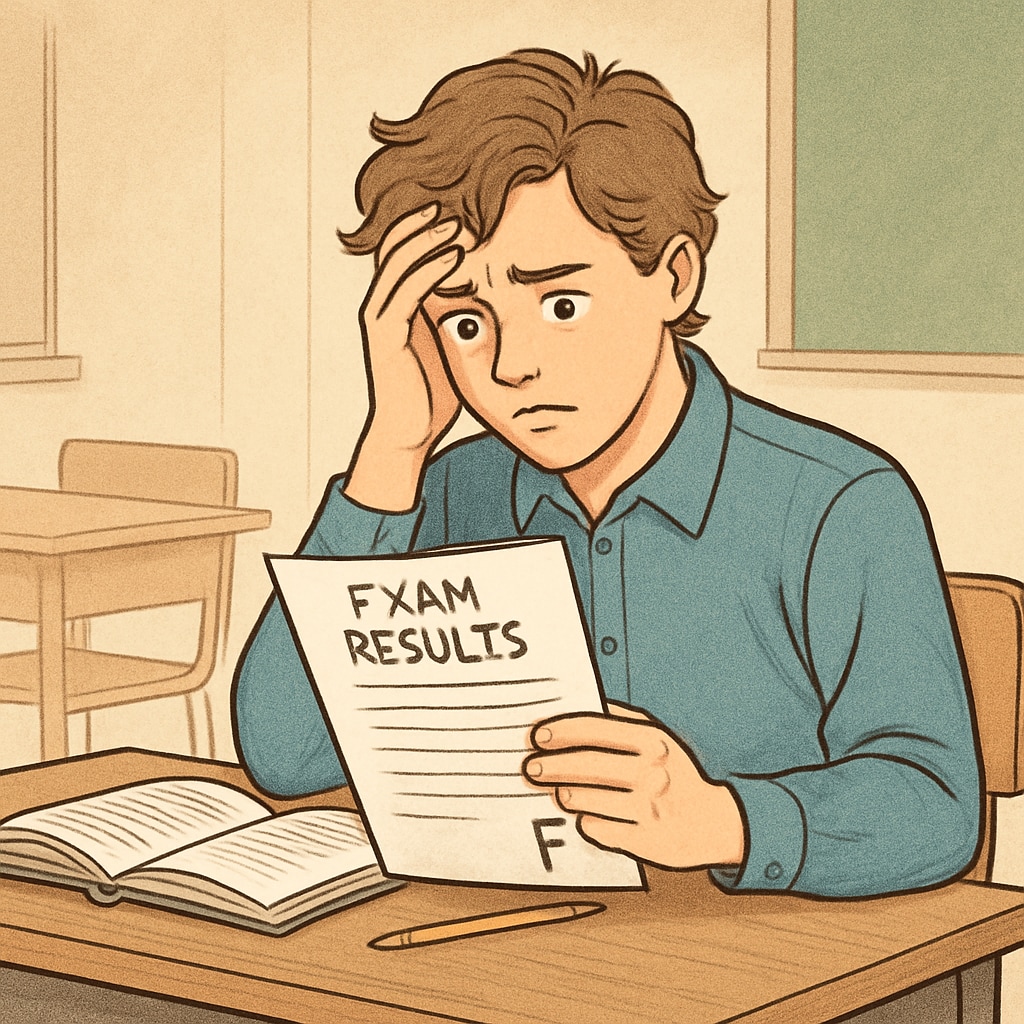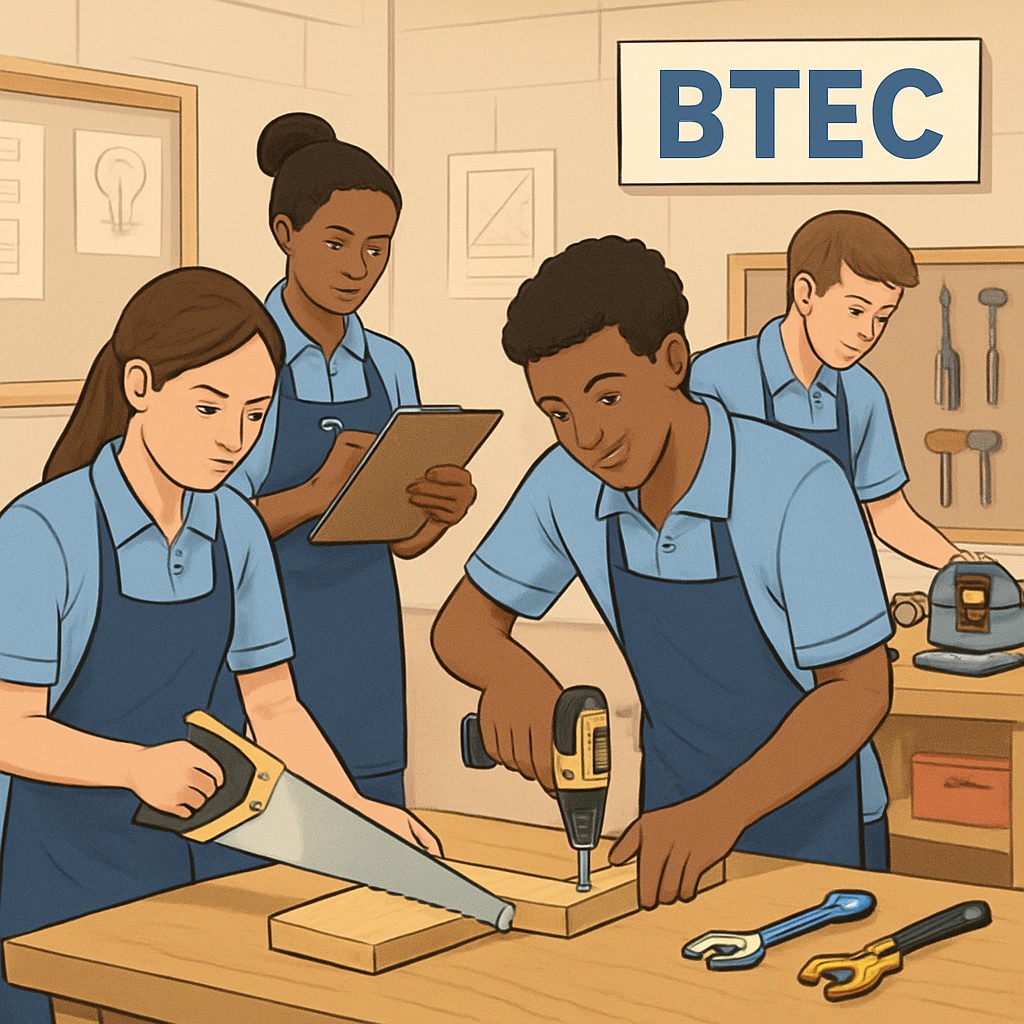For many students, the anticipation of GCSE results can be a source of immense stress. When the outcomes fall short of expectations, it often triggers significant concerns about education, career prospects, and self-worth. The reliance on standardized exams like GCSEs to measure academic success has long been debated, as it overlooks individual strengths and diverse talents. This article explores how suboptimal GCSE results can affect students’ mental health and career planning while advocating for alternative educational routes like BTEC courses.
Understanding the Psychological Impact of GCSE Results
The pressure to excel in GCSEs can take a toll on students’ mental well-being. When scores do not meet expectations, feelings of failure, self-doubt, and anxiety often surface. According to research by the UK’s National Health Service (NHS), academic stress is one of the leading causes of mental health issues among teenagers. This emotional burden can hinder students’ ability to focus on their future, skewing their perception of potential opportunities and achievements.
It is essential to remind students and parents that GCSEs are just one step in a lifelong journey. Success is not solely determined by a single set of grades but by how individuals adapt, learn, and grow over time. Developing resilience and exploring alternative pathways are key to overcoming this initial setback.

Rethinking Education: The Limitations of Standardized Testing
The GCSE system, while well-intentioned, is not without flaws. Standardized tests prioritize academic knowledge over practical skills, creativity, and emotional intelligence. As a result, students with unique abilities may find themselves at a disadvantage in this rigid framework. This narrow definition of success disregards the diverse talents and aspirations of young people, leaving many to question their worth when they fall outside the norm.
In addition, the current system does not adequately account for external factors like personal circumstances, learning disabilities, or socioeconomic challenges. These variables can significantly influence performance, yet they remain unaddressed in the grading process. It is time to consider more inclusive forms of assessment that value a broader spectrum of achievements.
Alternative Pathways: BTEC and Vocational Courses
For students concerned about their career prospects after disappointing GCSE results, vocational qualifications like BTEC (Business and Technology Education Council) courses offer a promising alternative. BTECs focus on hands-on learning and practical skills, providing a direct route into industries such as healthcare, engineering, and creative arts.
Unlike traditional academic pathways, BTEC courses emphasize real-world application and continuous assessment, allowing students to showcase their abilities in a variety of settings. For example, a student passionate about technology might excel in a BTEC IT course, gaining both theoretical knowledge and practical experience that align with industry demands. Such qualifications are often recognized by universities and employers, opening doors to higher education and career opportunities.
Other options include apprenticeships, which combine on-the-job training with classroom instruction, and specialized diplomas tailored to specific fields. These alternatives demonstrate that academic grades are not the only measure of potential.

Looking Ahead: Redefining Success Beyond Grades
Ultimately, society must move beyond the idea that GCSE results are the sole indicator of a student’s future success. By embracing a more holistic view of education, we can create a system that nurtures diverse talents and prepares young people for a variety of career paths. This involves promoting alternative qualifications, reducing the stigma around non-academic routes, and fostering resilience in the face of setbacks.
Parents, educators, and policymakers all have a role to play in reshaping this narrative. Encouraging students to explore their interests and build on their strengths can lead to fulfilling careers and personal growth, regardless of their GCSE grades. By broadening our definition of success, we empower the next generation to thrive in a rapidly evolving world.
In conclusion, while GCSE results may feel like a defining moment, they are not the ultimate determinant of one’s future. With the right mindset and support, students can overcome academic setbacks and discover paths that align with their skills and passions.


